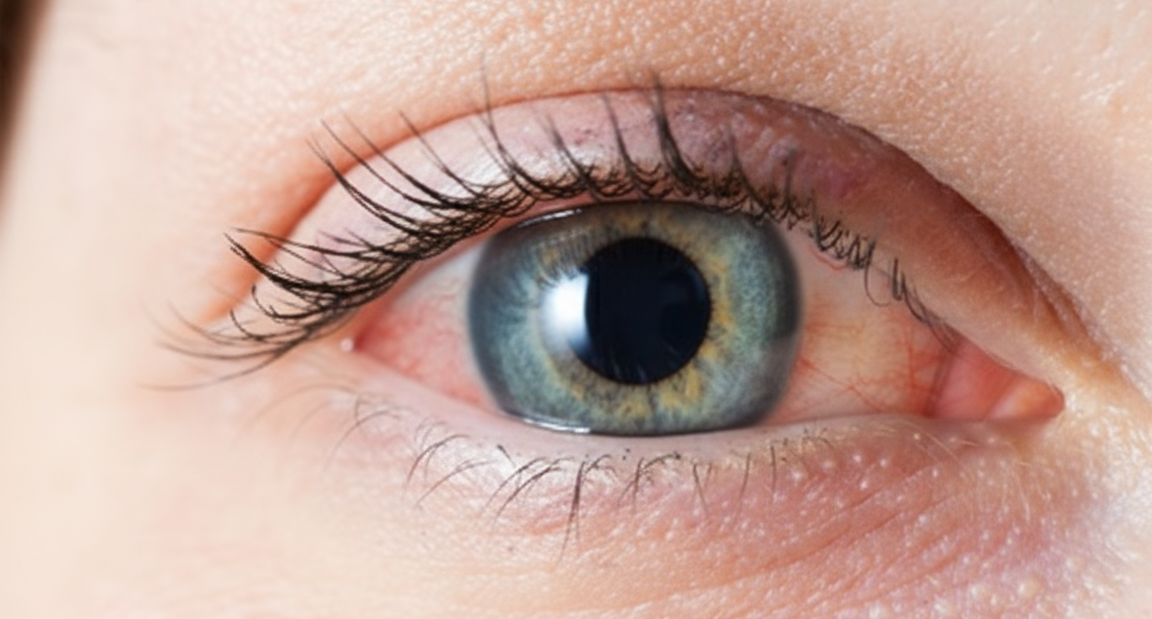Alcohol doesn’t just harm the liver and brain — it can also affect eye health. While some effects are temporary, heavy and prolonged drinking can lead to permanent vision damage.
Short-Term Effects
Alcohol can alter eyesight in the short term, causing issues such as:
- Blurred vision and difficulty focusing.
- Red, irritated eyes due to dryness.
- Eyelid twitching (myokymia) triggered by excessive consumption.
- Slower pupil reaction, making it harder to adapt to light changes and increasing accident risks, especially while driving.
These symptoms usually fade with rest and hydration, but frequent recurrence is a warning sign.
Long-Term Damage
Chronic alcohol consumption can cause severe, lasting problems, including:
- Early cataracts: clouding of the eye’s lens that impairs vision.
- Vitamin deficiencies (especially B1): weaken eye muscles, leading to night blindness, corneal damage, or even total vision loss.
- Alcohol-related amblyopia: gradual loss of color perception and reduced visual sharpness, often irreversible.
- Age-related macular degeneration (AMD): retinal damage that destroys central vision.
- Glaucoma: alcohol can increase intraocular pressure, raising the risk of permanent blindness.
Why Does Alcohol Affect the Eyes?
Alcohol interferes with the eyes’ ability to detect light and weakens ocular muscles. It also damages the liver, which reduces vitamin absorption — essential for eye health. Research shows that even moderate drinking alters eye movements and visual attention, impairing focus and decision-making.
Reducing the Impact
- Limit consumption: moderation is the best prevention.
- Stay hydrated to combat dryness and redness.
- Follow a vitamin-rich diet (especially B vitamins).
- See an eye specialist if symptoms persist.
Getting Help
Alcoholism is a serious, progressive condition. Beyond harming vision, it is linked to violence and multiple health issues. The good news: effective treatments and support exist. With medical help, lifestyle changes, and support from loved ones, recovery is possible — protecting not only your eyesight but your overall health.
